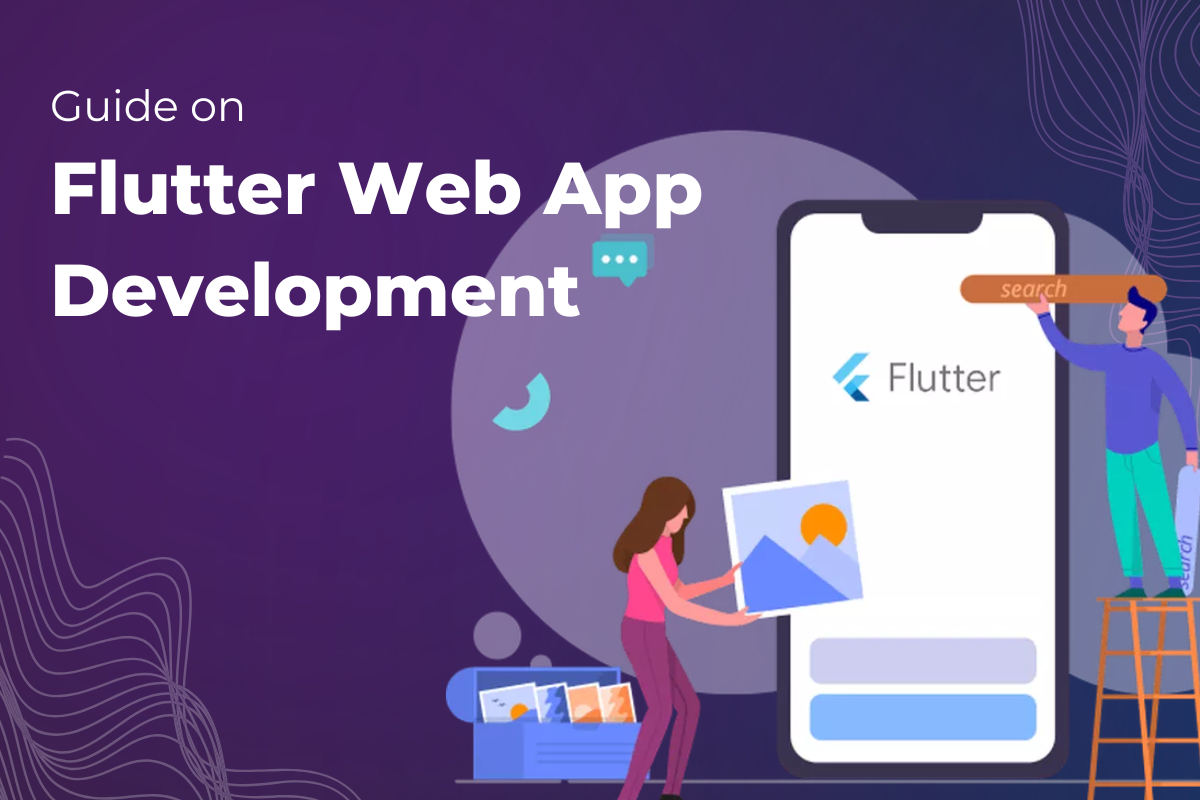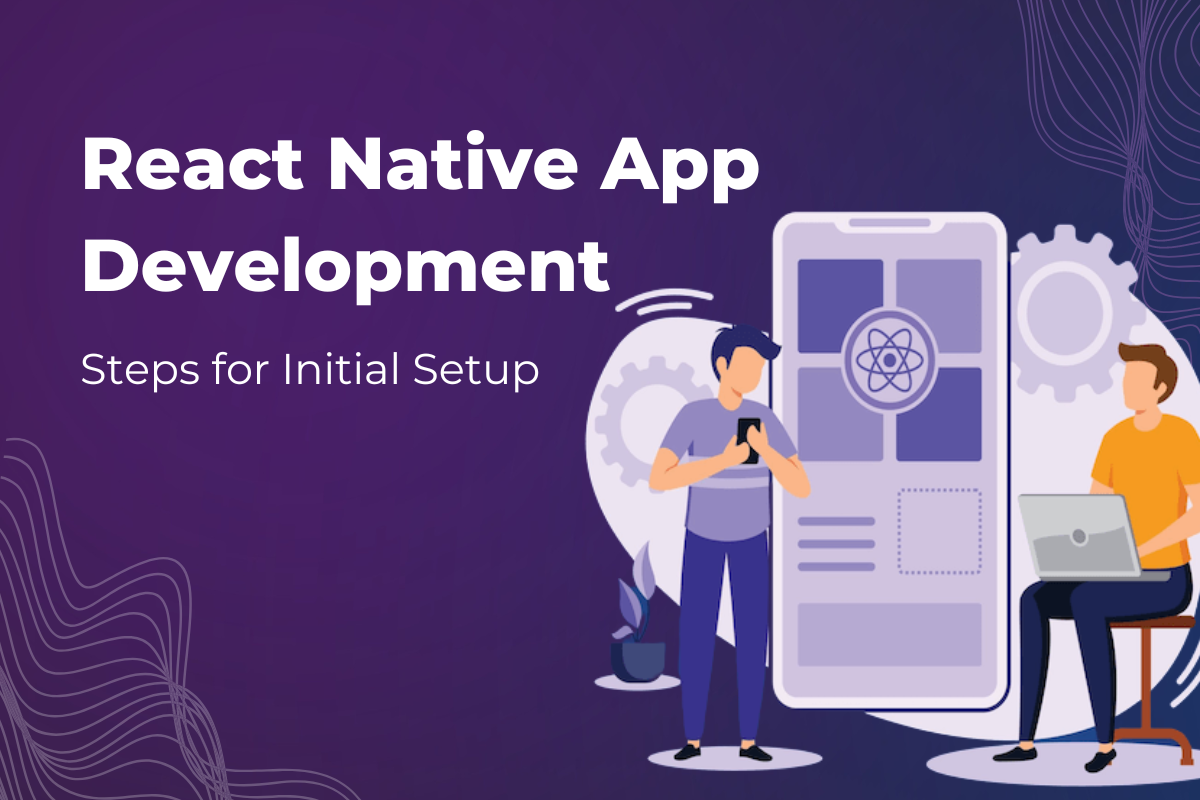Artificial Intelligence (AI) is a revolution that has been oscillating around us through many cycles over many years. All the Sci-fi movies and visionaries & scientists have shown the glimpse of the arrival of the thinking and intelligent machines. Computers have always been a great helping hand in human’s life. However they work on the data that humans feed to them.
Now that data can or cannot be accurate. So now we have the advanced technologies and systems where the machines not just communicate, they rather talk to machines in ways like never before. It is a place where the devices not just share the information; they instead take action based on the communication. This is called Artificial Intelligence.
So we are talking about technology and devices that can arrange through huge amounts of data and provide a real-time decision that too within a short span of time. Now-a-days with admittance to more information than ever before, we are in need of systems that will help us to analyze and process the data and hence provide key solutions in managing and living our daily lives.
We have the systems around us where operating systems are customized uniquely for users and can understand human behavior and emotion. For instance how we use voice search in our smart phones. In existing systems, it operates like a search engine. We say something and then something comes back on the screen known as search results. However it may or may not be what you said to the device to look for.
So the dialogue is really important here. As this is not how humans work. We disambiguate. We clarify. The machine has to understand the way one is speaking rather than what the person is speaking. This is what the future AI can promise us to deliver. This phenomenon includes the study of paralinguistic where the present system could introduce elements that will be able to detect emotions in speech.
Apple’s Siri is the perfect example where one can take a step forward in a growing effort in machine personalization, learning and ultimately artificial intelligence. Google's Glass is also a moving example of future’s mobile devices. The existence of all the mobile apps has given humans a more personal level of virtual existence. From banking to shopping, everything now is in one’s hands. These apps have already set a bar where we expect them to perform tasks on our commands. We need something proactive and spontaneous.
Artificial Intelligence is just taking all this to a much farther level. It enables the existing systems to perform human-like tasks so that devices could learn, diagnose, analyze, configure, optimize and deliver our personal data in a form of solution. This is just the beginning because we are still missing the incorporation of AI that shows the full potential of these types of smart devices.
We need a "smart layer" to everything that apps have already done for us and Artificial Intelligence is that smart layer. Once we have advanced our apps, developers will find a lot more opportunities to move the existing set of mobile and web apps to the next level of smart interaction, intelligent answers and deep personalization. There is much more and we are only just beginning to approach.



